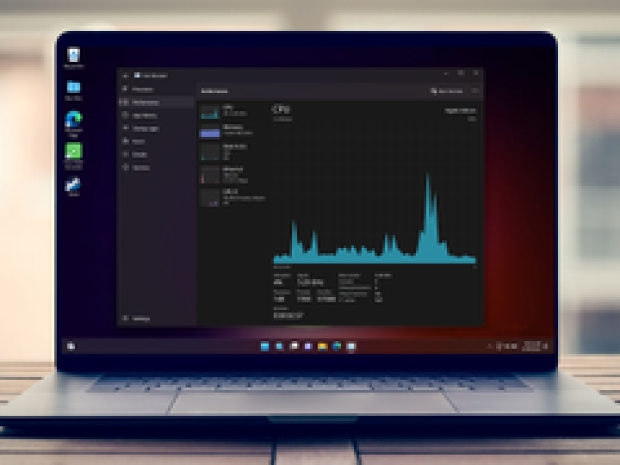AMD has thrown its hat into the ring, announcing its collaboration with Vole to integrate support for its latest neural processing units (NPUs) into Windows. Specifically, this involves enabling the Microsoft Compute Driver Model (MCDM) for AMD chips, allowing Task Manager to keep tabs on NPU resource usage just like it does for the CPU, GPU, and other components.
For AMD, this announcement likely comes as a sigh of relief, considering its main competitor, Intel, already boasts MCDM support for their on-chip NPUs, despite AMD's initial foray into the NPU market.
AMD has applauded Vole for recognising the significance of neural processing hardware, anticipating the burgeoning use of AI – which can be accelerated by a local NPU – in the future. They've commended Microsoft's efforts to "keep pace with the added complexity of PCs."
All this will mean that a PC will have AI-dedicated hardware, which will be much faster than current cloud-based AI tools, such as quicker processing times, independence from constant internet connectivity, and enhanced user security.
In practice, expect an influx of laptops, desktop PCs, phones, and tablets featuring these dedicated AI chips as standard.
Vole's forthcoming integration for AMD's NPUs targets the new Ryzen 8040 series of chips, designed specifically for laptops. While initial functionality will be limited to Task Manager monitoring, it lays the groundwork for full hardware-accelerated AI within Windows.
The importance of task manager at this stage of the game should not be underestimated. It monitors the computer's efficiency, identifies bottlenecks, and optimises power usage, and is crucial for maximizing battery life.
AMD seems to echo this sentiment, emphasising the importance of resource allocation tracking, particularly for notebooks where users may wish to tweak power settings for optimal battery performance.




